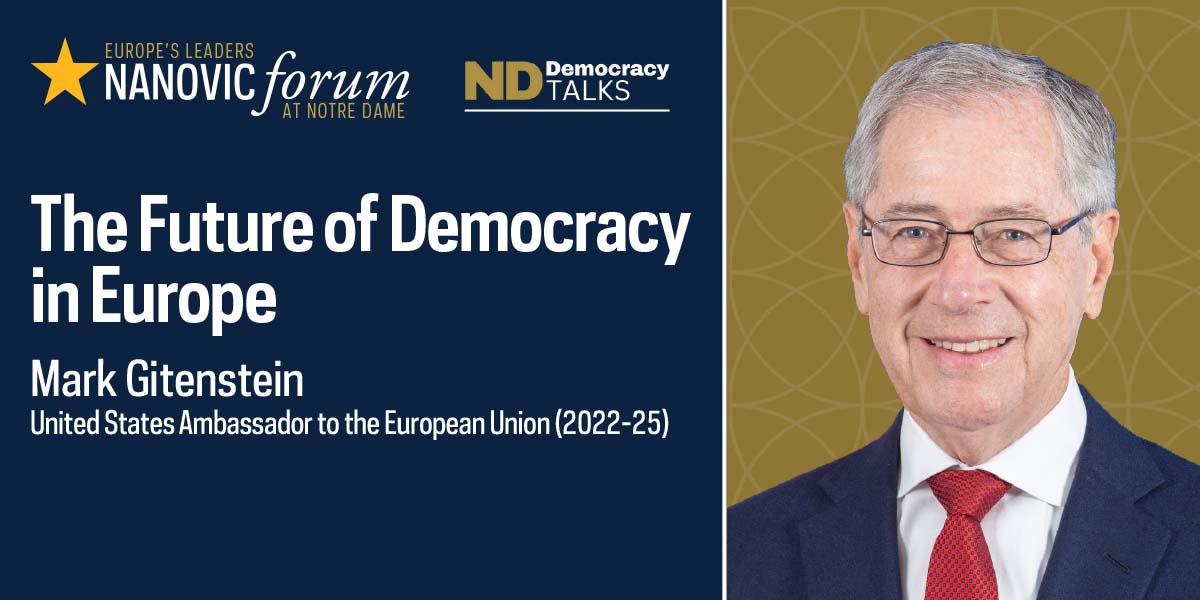The fourth virtual event of Global Dialogues: The Worsening Water Crisis was moderated by Michael Talbot, Director for Initiatives in Mexico at the University of Notre Dame and featured Alejandro Estefan, Assistant Professor of Development Economics at Notre Dame’s Keough School of Global Affairs. This session examined the root causes of the water shortage in Mexico and unveiled how complex the problem is, complicated potential solutions, and daily life for Mexicans experiencing water scarcity.
Despite common misconceptions based on Mexico’s geographic location, the country’s water crisis is not caused by drought. Instead, the shortage of water is driven by a variety of factors including unreplenished and overused aquifers, increasing population growth, costly electric water treatment, and shifts in economic activities such as agriculture have increased the city’s demand for water. Additionally, Mexico’s poor infrastructure — an issue shared by many global megacities — further complicates the shortage; with civilians often refusing to pay water bills due to frequent outages and poor service, there is less revenue to invest in improving water systems’ efficiency, and the poor infrastructure currently in place is forced to remain unchanged.
Estefan emphasized the problem of awareness with many consumers. When there is a lack of awareness of the city-wide water shortage, customers waste more, and the water flow deficit is worsened. Furthermore, the refusal of taxpayers to pay utility bills reduced the finances that the government relies on to provide a consistent water supply. By enforcing the fulfillment of tax payments, taxpayer benefits, and public good motives, payments can increase. In Estefan’s words, it is a two-fold problem: “Local governments need to fund their yearly or day-to-day activities using their own tax revenues,” while also balancing the need to “partner up with the federal government to make large investments in water infrastructure,” all on top of the government’s obligation to provide basic life-sustaining services.
The water crisis is also worsened due to the government’s lack of a city-wide system to measure the entire population’s consumption. Estefan and Talbot considered a policy measure to install water meters in every home to get a more precise measure of water usage. However, this solution is not simple or easy to implement because the areas with the greatest lack of metering are also the areas with densely-populated housing and irregular urban settlements, making it a costly initiative. An alternative or complementary policy measure, focusing more long-term, would be to conduct an updated and more accurate survey of household income to reduce the tax burden for vulnerable populations. Through these discount programs, pensions funded by the government could be provided to the elderly and other vulnerable populations that struggle to fulfill tax payments.
Limited water access leads to a fall in consumers’ productivity and an increase in infectious diseases. Additionally, when consumers have inconsistent access to water, which leads to water waste, there are implications for water-dependent industries, and discontent with the Mexican government — both federally and locally — grows. There is little reasoning to subsidize water usage or implement city-wide measures to control water waste. Rather, Estefan suggested the importance of raising macro-level awareness of the need to reduce water usage in Mexico.
Visit the event page for more.








